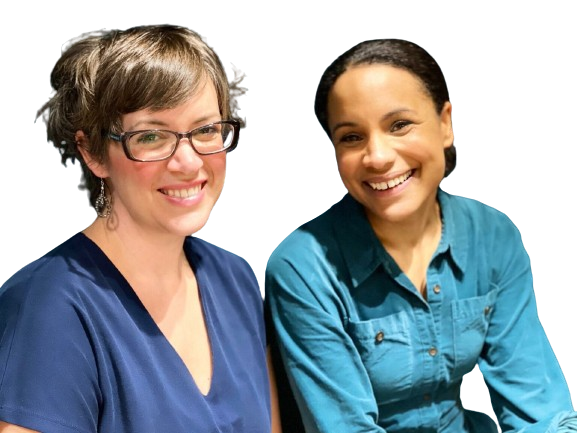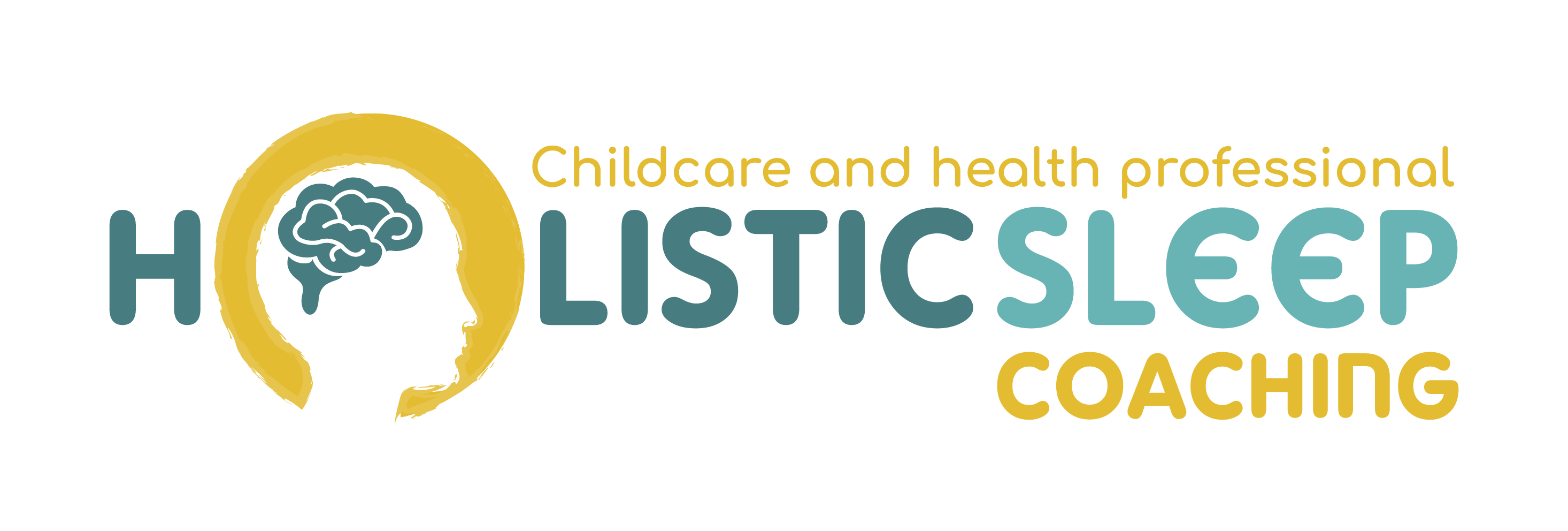Table of Contents
- What Even is Crying?
- Is All Crying Bad?
- Does Holistic Sleep Coaching Mean No Crying?
- Is It Possible to Achieve Sleep Success Without Crying?
- How is Crying With Parental Support Different From Leaving Children to Cry?
- Conclusion: How Our Take on Crying Makes Us Different
Introduction:
Wondering if holistic sleep coaching really means no crying? As a sleep consultant or parent committed to gentle sleep methods, you might be questioning whether it’s possible to support families without using harsh sleep training techniques. Can you truly help babies sleep better while respecting their emotional needs and the well-being of the entire family?
The answer is yes. Holistic sleep coaching offers a compassionate approach that aligns with your values while delivering real results. It’s about unlearning rigid methods and embracing responsive strategies that honor both child development and parental mental health.
Whether you’re a sleep consultant looking to refine your practice or a parent searching for a kinder way to approach sleep, you’re in the right place. Keep reading or watch the full video to learn how holistic sleep coaching can transform your approach, helping you support families with confidence and care.
Crying Out for Answers
When it comes to sleep coaching, there are five key questions people often ask about crying. Whether you’re a sleep coach or a parent, you’ve probably wondered:
- What is crying, and is all crying bad?
- Does holistic sleep coaching mean no crying?
- Can you achieve sleep success without crying?
- How is crying with parental support different from leaving children to cry?
- How does our approach to crying set us apart?
Let’s break down these top five questions.
What Even is Crying?
What exactly is crying? Is it always a bad thing, or can it be a healthy expression of emotion?
At a basic level, there are three types of tears:
- Basal tears, which keep our eyes moist.
- Reflex tears, produced when we get something in our eye.
- Emotional tears, which are released when we feel emotions like sadness, joy, or stress.
Interestingly, research shows that emotional tears differ depending on the emotion that triggers them. For example, tears shed during grief contain different chemicals than those shed during laughter. This discovery tells us something important: crying is more than just a reaction; it’s a form of communication. And when it comes to babies, crying is often the only way they can express their needs or emotions.
So, is all crying bad? Not at all. Crying is a natural and important way of communicating, especially for infants. If crying is their way of telling us they need something, it doesn’t make sense to ignore it, right?
Is All Crying Bad?
Let’s tackle the question: Is all crying bad?
The word “bad” itself is pretty loaded, isn’t it? It implies that crying is something negative. But have you ever seen a child cry from pure joy? Maybe when they meet their new sibling for the first time, or when they’re overwhelmed with excitement during a holiday? Crying isn’t always tied to sadness or frustration.
When we ask, “Is all crying bad?”, we need to step outside the traditional sleep training mindset. Conventional approaches might suggest that if a child is fed, changed, and safe, then their cries can be ignored. But this dismisses many of the reasons children cry.
Children often cry to seek closeness with their caregivers. As humans, we’re biologically wired to respond to a baby’s cry—it’s stressful to hear, right? This response ensures that infants stay safe, both physically and emotionally. So, while your baby might be physically fine, they also cry to stay emotionally close to you, and that’s important for their development.
Does Holistic Sleep Coaching Mean No Crying?
Now, here’s the big question: Does a gentle, holistic sleep coaching approach mean no crying?
Let’s reframe that question. Instead of focusing on eliminating crying, let’s ask: Does holistic sleep coaching mean that all communication is responded to with care? Absolutely, yes!
If we understand crying as a form of communication, it becomes clear that a gentle approach doesn’t mean there’s no crying—it means that crying is listened to and responded to. Holistic sleep coaching acknowledges that emotions, like crying, are a natural part of the human experience. The goal isn’t to stop crying completely—it’s to respond to it in a way that is compassionate, respectful, and supportive.
While we can’t guarantee no crying, we can guarantee that we’ll empower parents to feel confident in responding to their child’s needs. That’s what gentle sleep coaching is all about.
Is It Possible to Achieve Sleep Success Without Crying?
So, can you help a baby sleep better without crying? The short answer is: Yes!
Holistic sleep coaching looks at the whole picture. If a child’s sleep is being disrupted by things like poor sleep hygiene, feeding issues, or underlying health concerns, we can often resolve these problems without any crying at all. The beauty of this approach is that we explore every factor that might be affecting sleep—nutrition, environment, timings, connection, emotional well-being—and adjust those variables to improve sleep without relying on conventional (non-responsive) sleep training methods.
However, there are situations where crying may happen, especially when a child is dealing with big emotions around changes in routine or boundaries. But here’s the difference—children are never expected to handle those emotions alone. When children cry, we support them through it. We help them feel safe, even as they express their feelings.
How is Crying With Parental Support Different From Leaving Children to Cry?
At the heart of our approach is a fundamental belief: crying is communication, and it should always be responded to with empathy. We’re not here to claim that our method guarantees no crying—what makes us different is how we interpret and respond to those cries.
Crying is a natural part of being human, and it’s far more complex than simply labeling it as “good” or “bad.” Whether a child cries out of frustration, hunger, or discomfort, every cry deserves compassion. It’s not just about stopping the tears—it’s about understanding what those tears are communicating and supporting the child through it.
What sets us apart is our family-centered approach. We consider the emotional needs of the entire family, while empowering parents to trust their instincts and feel confident in responding to their child’s cues. You know your child best, and tuning into their needs—whether it’s through comforting or setting boundaries—is always the right choice.
Explore More & Take Action:
If you’re interested in learning more about how to support families with gentle, science-backed sleep solutions, we’d love to connect with you. Book a free strategy session today and see how we can work together to help families thrive.
Book a Strategy Session Here
For more insights into holistic sleep coaching, feel free to explore our blog or check out our other resources on how to build a successful sleep consultancy. We’re here to support you every step of the way.

See how our Holistic Sleep Coaching Program can help you transform your passion for helping families with sleep into a thriving career. Book a strategy call today with a real human on our team.
Book A CallFAQs for Blog on Crying and Holistic Sleep Coaching
Can you achieve sleep success without any crying?
Yes, sleep success can often be achieved without crying, especially when sleep issues are linked to factors like timing, feeding, or sleep hygiene. A holistic approach explores and resolves these variables gently.
What’s the difference between letting a baby cry and responding to their cries?
Letting a baby cry without support can lead to feelings of distress, whereas responding to their cries builds trust and emotional security, helping the child feel safe and supported.
How is crying with parental support different from crying it out?
Crying with support involves comforting and reassuring a child through their emotions, while “crying it out” leaves a child to cry without parental involvement. The former is rooted in attachment, while the latter focuses on outdated behaviorist theories.
Is all crying bad for babies?
No, not all crying is ‘bad’ per se. Crying is a normal way for babies to communicate. It’s important to understand why they are crying and respond with compassion rather than ignoring it.
Why do babies cry even when all their physical needs are met?
Babies often cry for reasons beyond physical needs, like seeking closeness, emotional comfort, or expressing frustration. Crying is their way of communicating with their caregivers.
Does responding to every cry spoil a baby?
Responding to your baby’s cries doesn’t spoil them. It strengthens your bond and helps them feel secure, which is critical for their emotional development.
How can holistic sleep coaching help reduce crying?
Holistic sleep coaching looks at the bigger picture—addressing factors like feeding, regulation, and emotional needs—reducing crying by meeting the child’s overall needs in a compassionate way.
How do I know if my baby’s crying needs immediate attention?
Trust your instincts. If the cry is prolonged, sounds distressed, or is out of the ordinary, it’s always a good idea to respond quickly to ensure your baby feels safe and secure.
What should I do when my baby cries while making changes with sleep?
During holistic sleep coaching, you should provide comfort and support while making changes to make sleep more sustainable. Your baby’s cries are their way of communicating their feelings, and they should never be left to manage those emotions alone. If it ever feels too much, it’s always encouraged to pause, or try another time.

